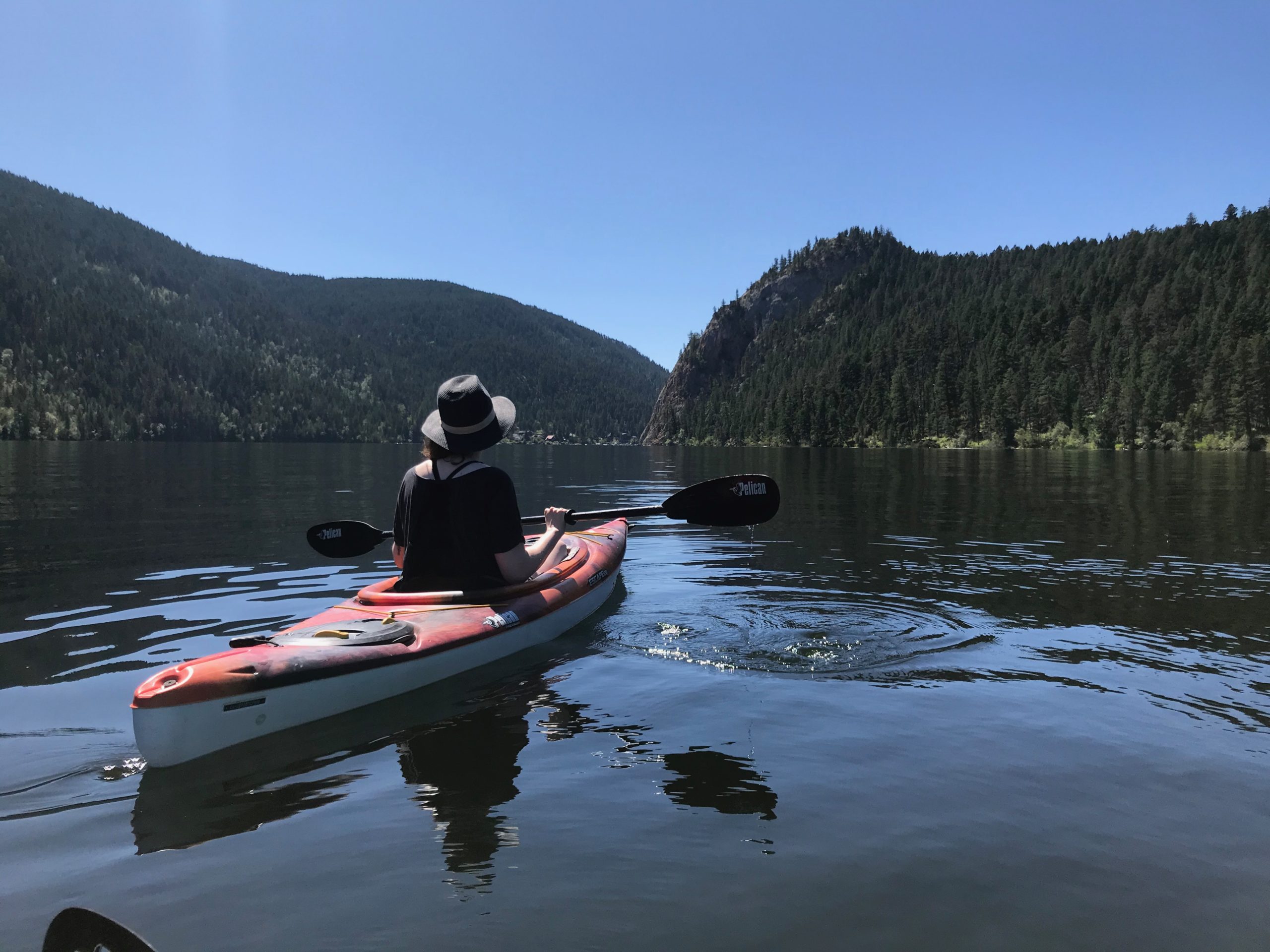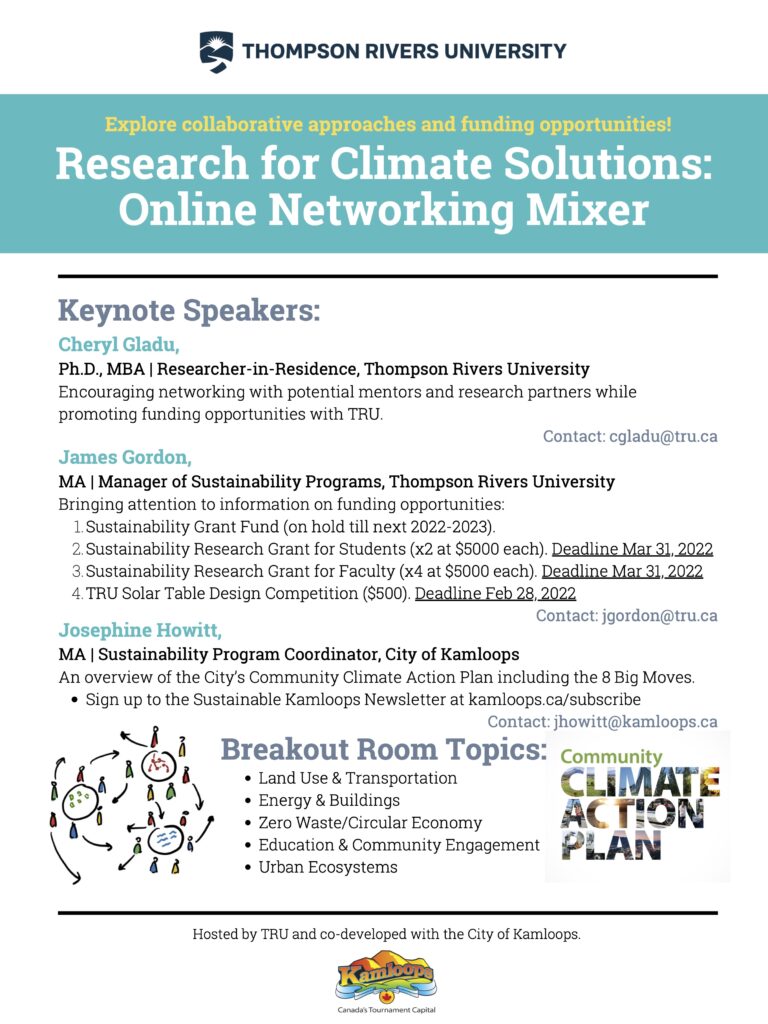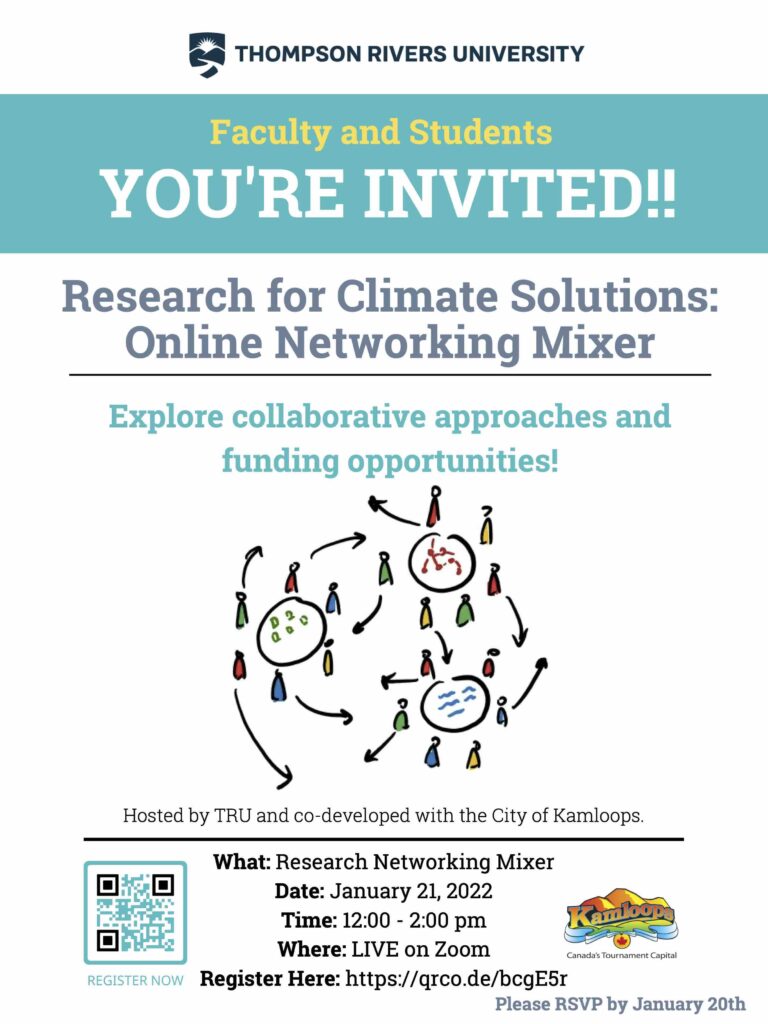
“You cannot get through a single day without having an impact on the world around you. What you do makes a difference, and you have to decide what kind of difference you want to make.”
Jane Goodall.
Introduction.
I am currently pursuing a Bachelor of Tourism Management with a minor in Adventure Studies at Thompson Rivers University in Kamloops, British Columbia. Since starting at TRU, I have gained a Tourism Management diploma, Global Competencies certification, and completed at Study Abroad Tourism Program in Samedan, Switzerland.
During my time at TRU, I have taken an interest in research, with involvement starting in the Research Coach Project with Robin Reid in my first semester. During that course, we had Nancy Duxbury as a guest lecturer speaking on the Creatour Project in Portgual; safe to say, it sparked my curiosity in research. Shortly after that, I continued as a work-study student in the Research Department under the leadership of Sukh Matonovich. My research journey only accelerated from there, with stops along the way, as a Research Assistant and Apprentice to Dr. Kellee Caton, Research Ambassador and Community-Engaged Research Fellow. My interests involve agritourism, nature and community-based development, connection to place, and food tourism, to name a few.
Criteria.
- Category A: Courses (4 Points)
- Category B: Volunteer Work (5 Points)
- Category E: Knowledge Sharing (3 Points)
- Total Points = 12 Points
Category A:
Reflective Paragraphs for Environmental Courses
Below you will find a dropdown list of my four courses with reflective paragraphs explaining their significance to environmental sustainability. At the bottom of this ePortfolio, you will find a list of verification forms with course grades.
Category B:
Integrated Strategic Planning Committee – TRU, 2021 – 2022
As the Student Representative for the Integrated Strategic Planning Committee, I participated in Goal Alignment Workshops as part of the Faculty of Adventure, Culinary Arts and Tourism team (FACT). I also attended strategic planning sessions with the Dean and other department chairs throughout the year to collaborate on goals for implementation within Thompson Rivers Universities Strategic plan for the next ten years. It was an exciting experience to see the university’s overall strategy and how we could incorporate the objectives for the Faculty of ACT objectives. Considering sustainability is one of the TRU’s Values moving forward and tourism as an industry relies on the natural landscape, it was essential to address the future goals of our department with environmental sustainability in mind.
Category E:
Research for Climate Solutions: Networking Mixer
I facilitated the Research for Climate Solutions: Networking Mixer on January 21, 2022. The mixer explores collaborative approaches and funding opportunities surrounding Kamloops’ 8 Big Moves for environmental sustainability. Originally the mixer was planned as an in-person event and needed transitioning into a virtual environment. I created the visual marketing materials seen below, including invitations, handouts, event-specific QR codes, tv ads and PowerPoint presentations. I also arranged the Zoom event, sent out email invitations and coordinated the advertising through newsletters, email invites, event calendar links and tv notifications around TRU. I finalized the speakers and notetakers for each breakout room based on the 8 Big Moves.
Before the event, I confirmed the running order and functionality of the mixer. I ran the technical behind-the-scenes details, including the PowerPoint, troubleshooting Zoom difficulties, facilitating the breakout rooms and time management. This event had over 90 participants signed up and approximately 60 guests at any given moment during the event. Overall it was a huge success; representatives took notes in each breakout room for future steps. Ideally, this type of event will be a reoccurring initiative; therefore, I created a template to facilitate future mixers with notes of challenges and ideas for next time.


Giveback Piece.
For TMGT 2610 we had a group assignment to write a proposal and create a video for Environmental Issues with a green opportunity. We based ours on composting in Kamloops and supporting a petition to get city-wide composting. Between the three of us, we all came from composting communities before arriving in Kamloops and were extremely surprised at the lack of composting options available. I grew up on a dairy farm in Ontario and my partners both came from the Northwest Territories, we were all very aware of food security issues and wanted to focus our project on a food-related topic. We conducted the interview with James Gordon on the composting protocols at Thompson Rivers University as well as shot and edited the footage from around Kamloops. In competition with the rest of the class, our video received the highest grade and was showcased for viewing.